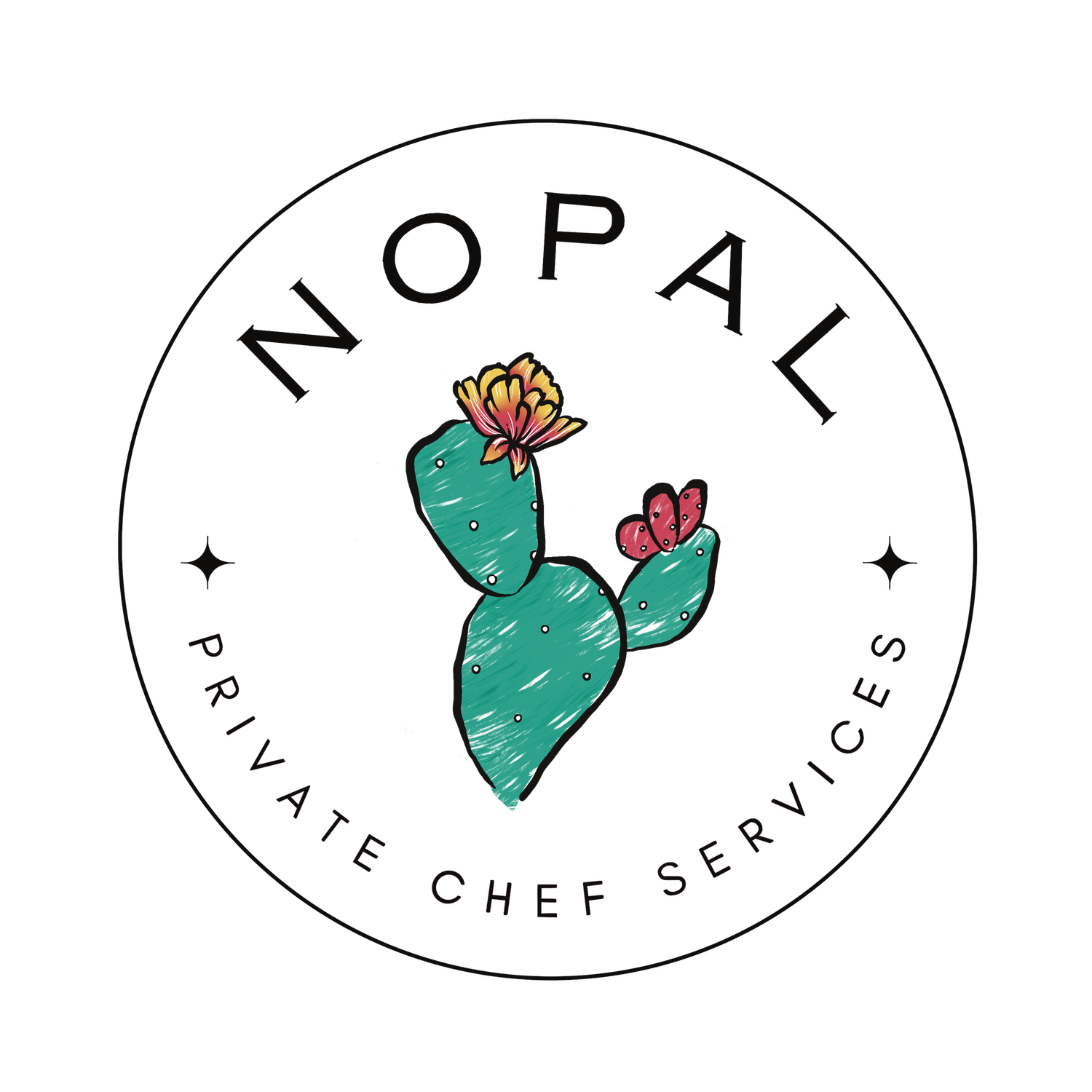Hidden Dangers In Restaurant Food
I love a good meal out as much as anyone. Sharing food and wine with friends and loved ones, making new friends through the experience of sharing a meal together. I have many fond memories of many fine meals. I’ve made a 30-year career out of crafting those experiences. However, it's no secret that most restaurant meals, especially fast food and takeout, tend to be high in low-quality fat, sugar, processed sodium, and other unhealthy ingredients. But beyond just leading to physical and mental illness, the actual ingredients in restaurant cuisine can pose some serious health risks.
It’s also an unhealthy time for restaurants themselves. I have witnessed a massive shift since the beginning of my career. Nowadays, the average profit margin for a restaurant is only 4-5%. It has never been an easy industry to do business in, but these days, it’s never been harder. I’m thankful I don’t own one anymore and I have no plans to. I have many friends in the industry, and I witness its difficulties daily. With that being said, you can trust the first move of anyone running a restaurant today, is the move that will save money!
Let's take a look at some of the ways that might happen…
Vegetable Oils…
Seed oils, such as soybean, canola, and sunflower oils, have been criticized for their high levels of omega-6 fatty acids, which can contribute to inflammation when consumed excessively. Many seed oils are heavily processed using chemical solvents and high-heat extraction, leading to oxidation and the formation of harmful compounds. Additionally, some studies suggest that the widespread use of seed oils in processed foods may be linked to health issues like obesity, heart disease, and metabolic disorders. While moderation is key, opting for less refined oils like olive, avocado, or coconut oil may provide healthier alternatives with more stable fat profiles.
Reheated, Pre-Cooked, and Old Foods…
Cost-cutting measures lead many restaurants to hold raw and pre-cook foods like eggs, meats, and starches for up to 5 days before reheating, cooking, and serving. This process of cooling and reheating creates advanced glycation end products (AGEs) - inflammatory compounds linked to diseases like diabetes, Alzheimer's and cancer. Holding ingredients like meat, vegetables, and sauces for up to 5 days before cooking increases likelihood of food borne illness.
Added Sugars…
Sugar, while delicious, can be harmful in excess. It contributes to obesity, diabetes, heart disease, and tooth decay. Too much sugar spikes blood glucose levels, leading to energy crashes and increased cravings. It also promotes inflammation, which is linked to various chronic diseases. Excessive sugar intake can negatively affect brain function, increasing the risk of depression and cognitive decline. Many processed foods hide high sugar content, making it easy to overconsume. Cutting back on sugar improves overall health, boosts energy levels, and supports weight management. Opting for natural sugars found in fruits helps maintain balance without the negative effects.
Chemical Preservatives and Flavor Enhancers…
To extend shelf-life and cut costs, restaurant meals are often loaded with preservatives like sodium benzoate and propionate, as well as artificial flavors and colors like yellow dye #5. Many have been linked to hyperactivity, asthma, and even cancer.
Conventionally Grown Produce…
Unless highlighted as organic, you can assume the restaurant is using conventionally grown fruits and vegetables, treated with pesticides like atrazine, chlorpyrifos and glyphosate - endocrine disruptors linked to reproductive and fetal health issues. This is precisely how restaurants make money, buy the least expensive ingredients and charge the most you can. So, what gets sacrificed? Quality and your body. Think fine dining restaurants choose better? After 30 years in the industry, I can tell you with confidence, most often, they do not.
Factory-Farmed Meat…
Factory-farmed meat is harmful for several reasons. Animals are often kept in overcrowded, unsanitary conditions, leading to unnecessary suffering and increased disease risk. To combat infections, farms frequently use antibiotics, which can contribute to antibiotic resistance in humans. The environmental impact is severe—factory farming generates excessive greenhouse gases, pollutes waterways, and consumes vast resources. Additionally, the nutritional quality of factory-farmed meat is often inferior, with higher fat content due to unnatural feeding practices. Ethical concerns aside, the industrial meat system prioritizes profit over health, sustainability, and humane treatment, making it a problematic choice for consumers and the planet.
“We are what we eat ate.”
Studies Confirm: Home Cooking is Healthier…
Home-cooked meals offer unbeatable freshness, control over ingredients, and a personal touch that restaurants often can't match. Cooking at home allows for healthier choices, avoiding excessive salt, oil, and preservatives commonly found in restaurant dishes. It’s also cost-effective, ingredients for multiple meals are often cheaper than dining out. Beyond nutrition and savings, homemade food carries emotional value, bringing families together and creating cherished memories. The comfort of a meal prepared with care surpasses the impersonal nature of restaurant food. Plus, there's the joy of experimentation, letting you customize flavors exactly to your liking. Nothing beats a meal made with love!
Benefits of a Personalized Meal Prep Service…
The clear solution is to minimize dining out and take control of your own nutrition by cooking at home. But in our busy modern lives, who has time for planning, shopping, prepping and cooking day after day? This is where a quality personalized meal prep service can change everything.
The best meal prep companies like Nopal Private Chef Services LLC choose only high-quality, certified organic produce, wild-caught seafood, and meats from animals raised on pastures without antibiotics, hormones, or GMOs. We can accommodate any diet, vegetarian, vegan, gluten or dairy free, Mediterranean, low carb, etc. Instead of processed ingredients, we rely on whole foods seasoned with herbs and spices, and homemade sauces reflecting a variety of worldly flavors. No inflammatory oils, just healthy fat sources like olive oil, coconut, and avocado. Baked goods can be sweetened with honey, maple syrup, agave or date paste if you desire.
With weekly in-home meal prep services, you can enjoy healthy, delicious meals catered to your specific needs, without the hassle of grocery shopping or tedious prep work. It's the best of both worlds - home-cooked nutrition with the convenience of restaurant takeout. Make the switch to support your long-term health and vitality.



